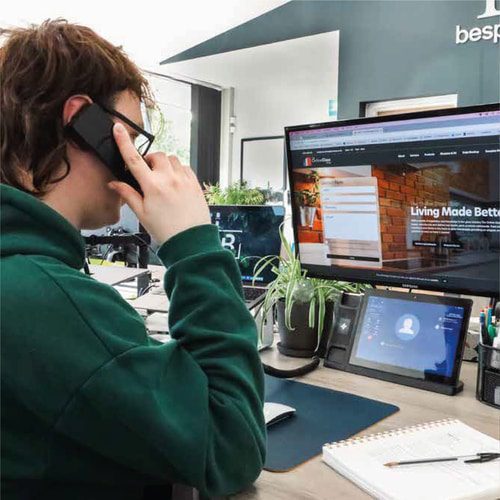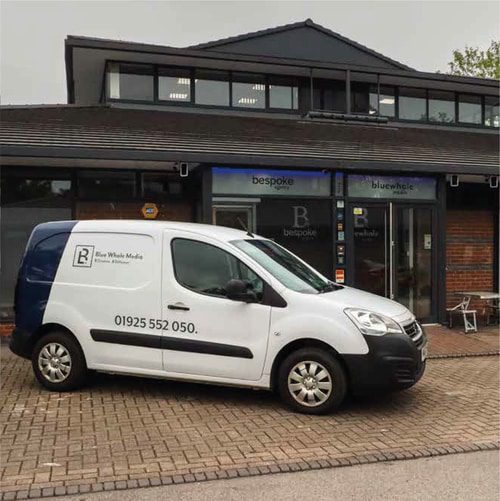Google’s Loon Brings Internet-By-Balloon To Kenya
If you live in a remote part of the world, you could be forgiven for thinking that an internet connection is impossible. How can you go online when you’re in a far-flung part of Africa, for instance?
Google’s sister-company Loon has come up with a solution to this problem. It has struck a deal with Telkon Kenya, the telecommunication company, to provide giant balloons that will give internet access to rural parts of Kenya.
Our web design Wilmslow agency is impressed with such innovation, but we do acknowledge that some experts have warned against the arrangement by suggesting that it could lead to a communications monopoly.
How Do The Balloons Work?
But for the purposes of this blog, our Wilmslow web design company would like to start by focusing on the technological advancements, rather than political issues. So how do the balloons work?
- The fleet of balloons are have antennae dangling down
- These antennae relay internet signals (which come from the ground) and they offer internet coverage for 5,000sq km
- The balloons float around 20km (12.4miles) above sea level. This means they are immune to air traffic, storms and wildlife
- Each balloon is the size of a tennis court
- They are made from polyethylene and powered by a solar panel, but they’re kept airborne with helium.
- They can stay in the air for months
How Did The Balloons Get Developed?
Loon emerged from a parent company called Alphabet, and originally it was known as Project Loon and developed in Alphabet’s experimental division, X. In July 2018, it became its own company, and the agreement with Telkon Kenya is its first commercial deal.
At our web design Wilmslow company we can imagine that laying cables or building mobile masts would be impractical in remote parts of Kenya. The country’s population is around 49 million, and the majority do have access to mobile phone coverage. But there are still many people who don’t have the option of choosing an internet provider.
So in many respects the balloons provide a perfect solution.
What Are The Concerns?
The main political issue revolves around the idea that Loon and Telkon Kenya would effectively have a monopoly. In short, there’s no other company that they would be competing against, so they could potentially dominate the market.
Ken Banks, an expert in communications, told BBC News: “Once these networks are in place, and dependency has reached a critical level, users are at the mercy of changes in business strategy, pricing, terms and conditions and so on.”
A Great Opportunity
But here at our Wilmslow web design agency we have noticed that other experts and commentators have praised the project. Overall, they see it as a great opportunity to bring internet connectivity to places that have never known it before.
“The partnership is a good step towards advancing connectivity,” said Nanjira Sambuli, advocacy manager for the World Wide Web Foundation. “However, it is imperative that this partnership not only achieves quality connectivity (4G) but also that it is affordable and meaningful.”
Contact web design Wilmslow for professional web design, SEO, digital marketing and other services! Call us on 01925 552050 or use the contact form!
Please select a valid form.





